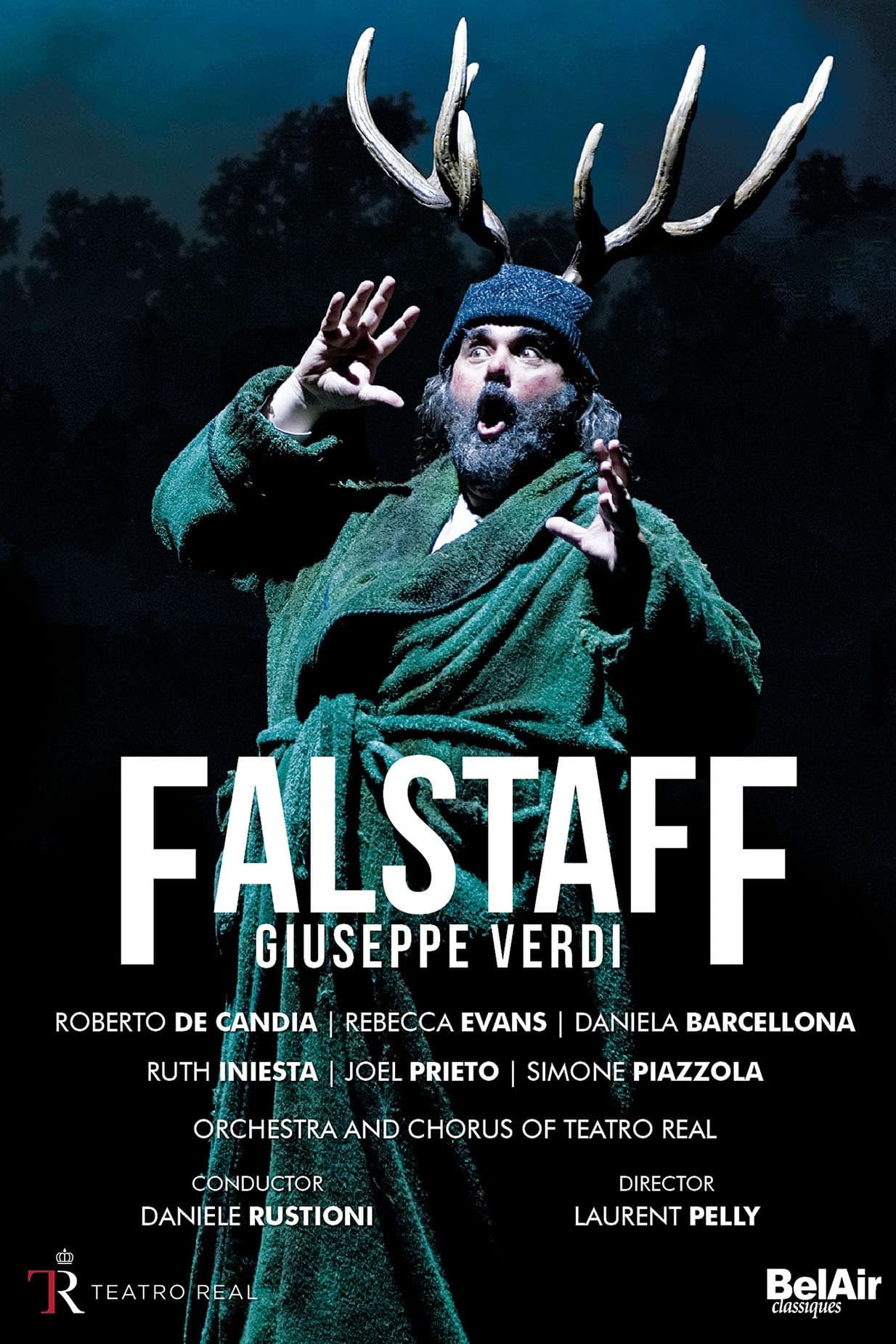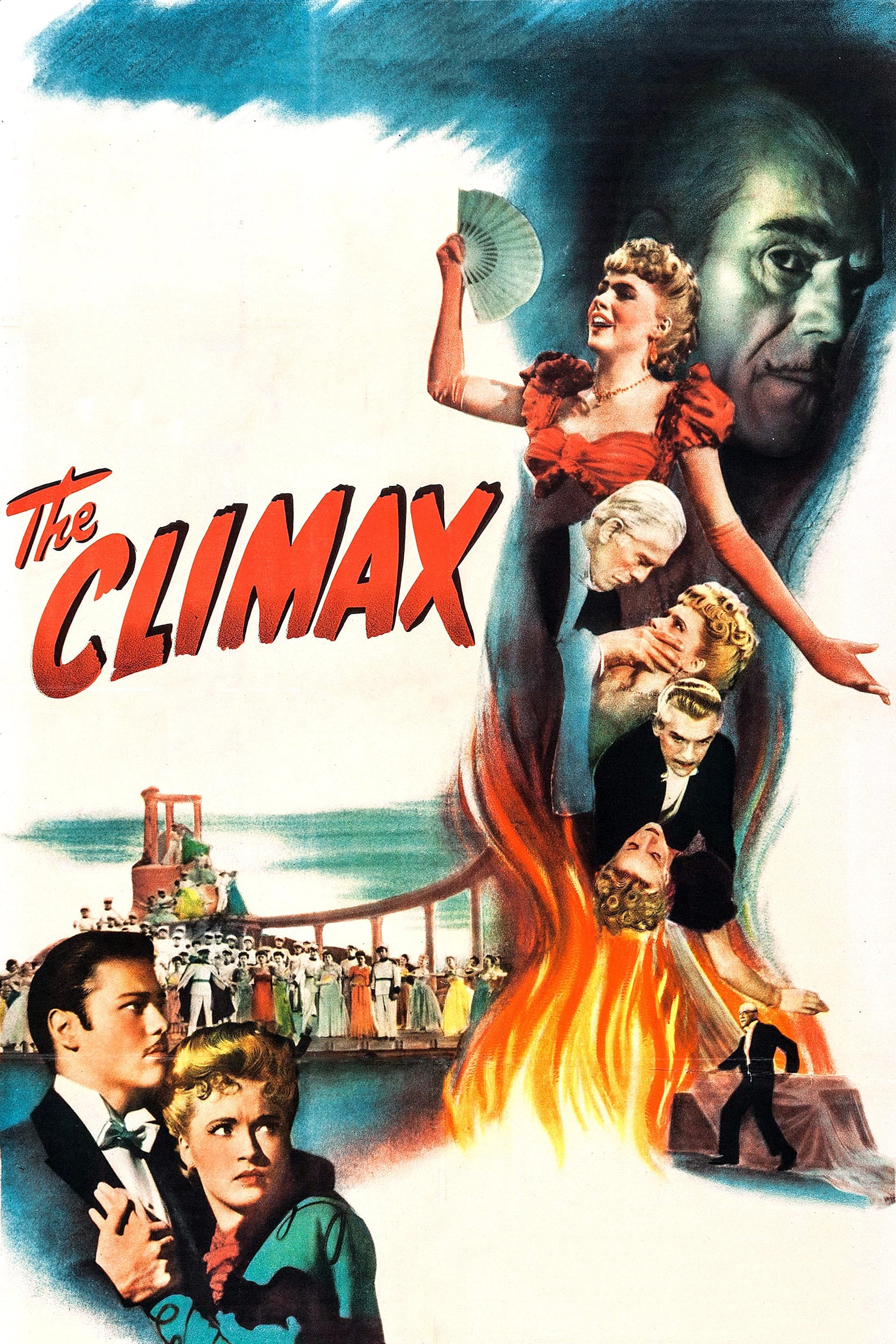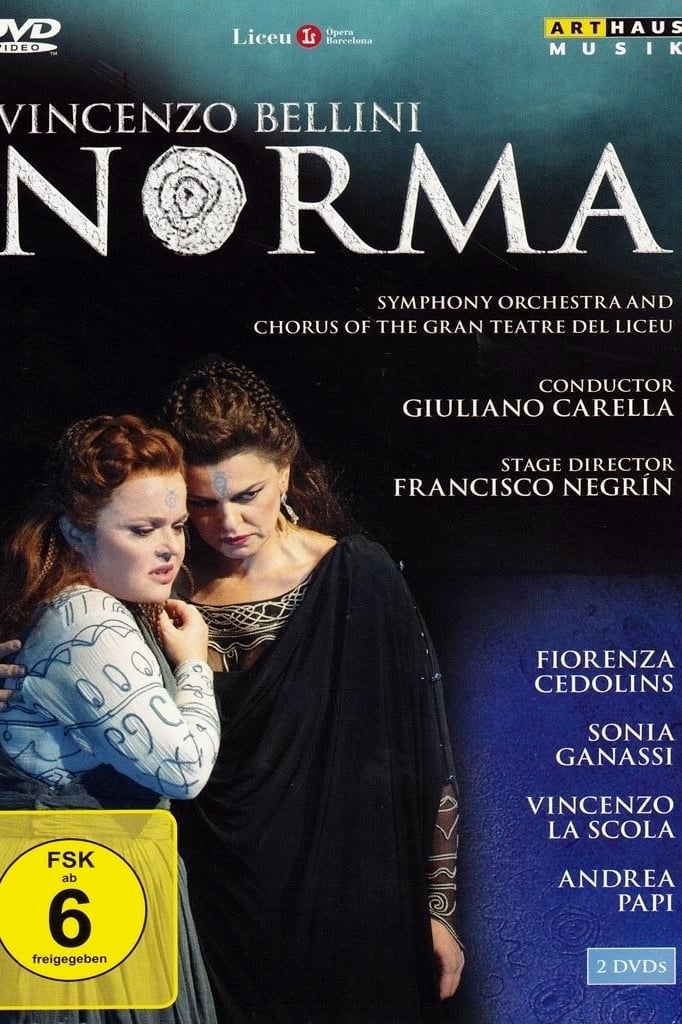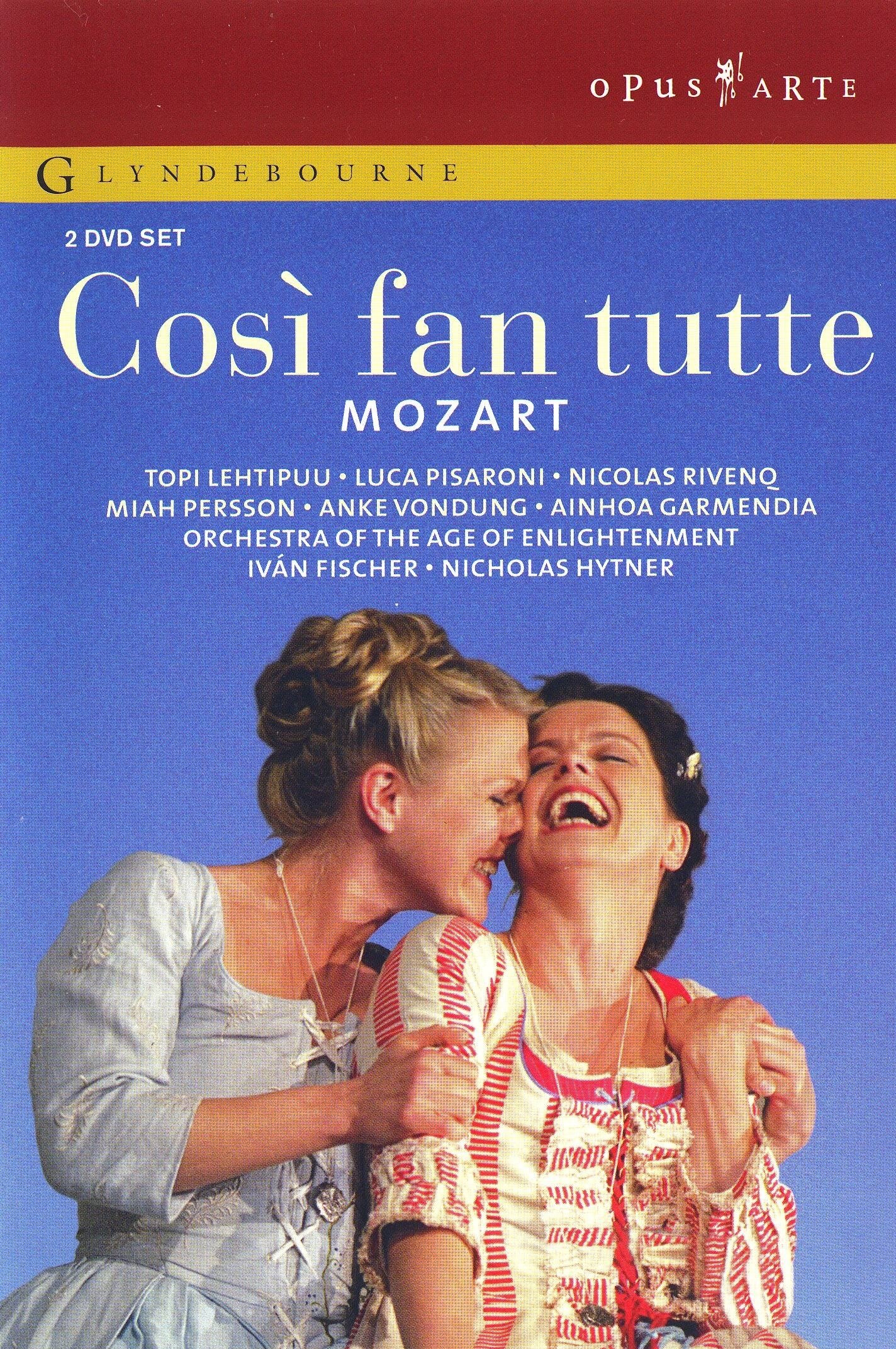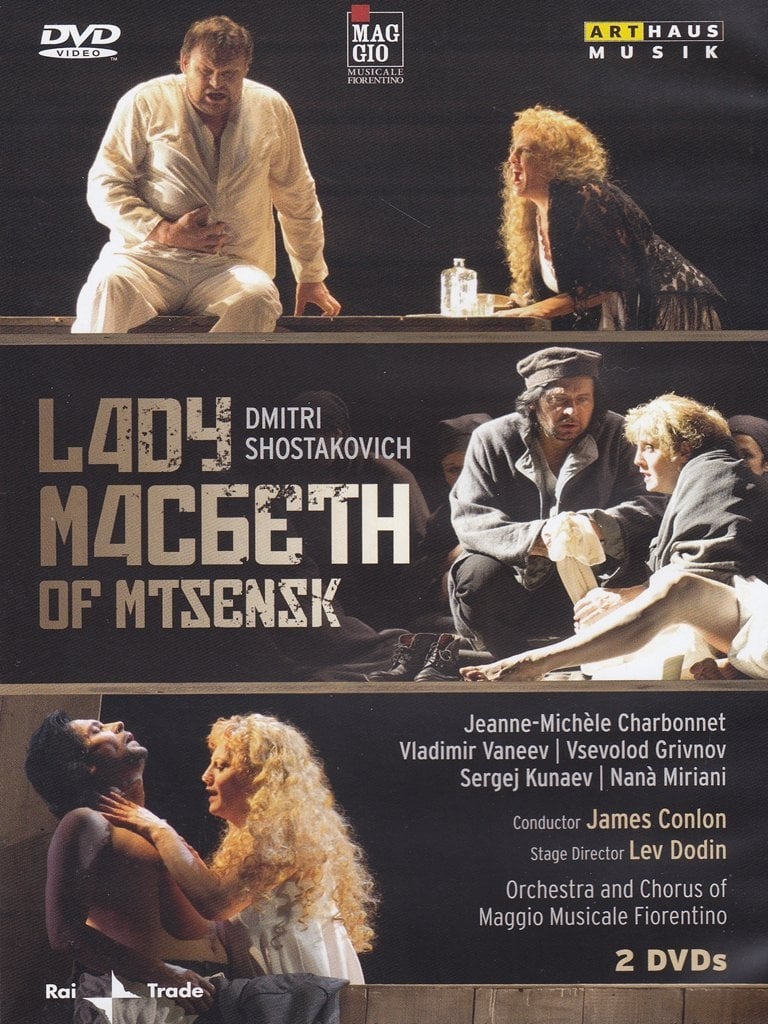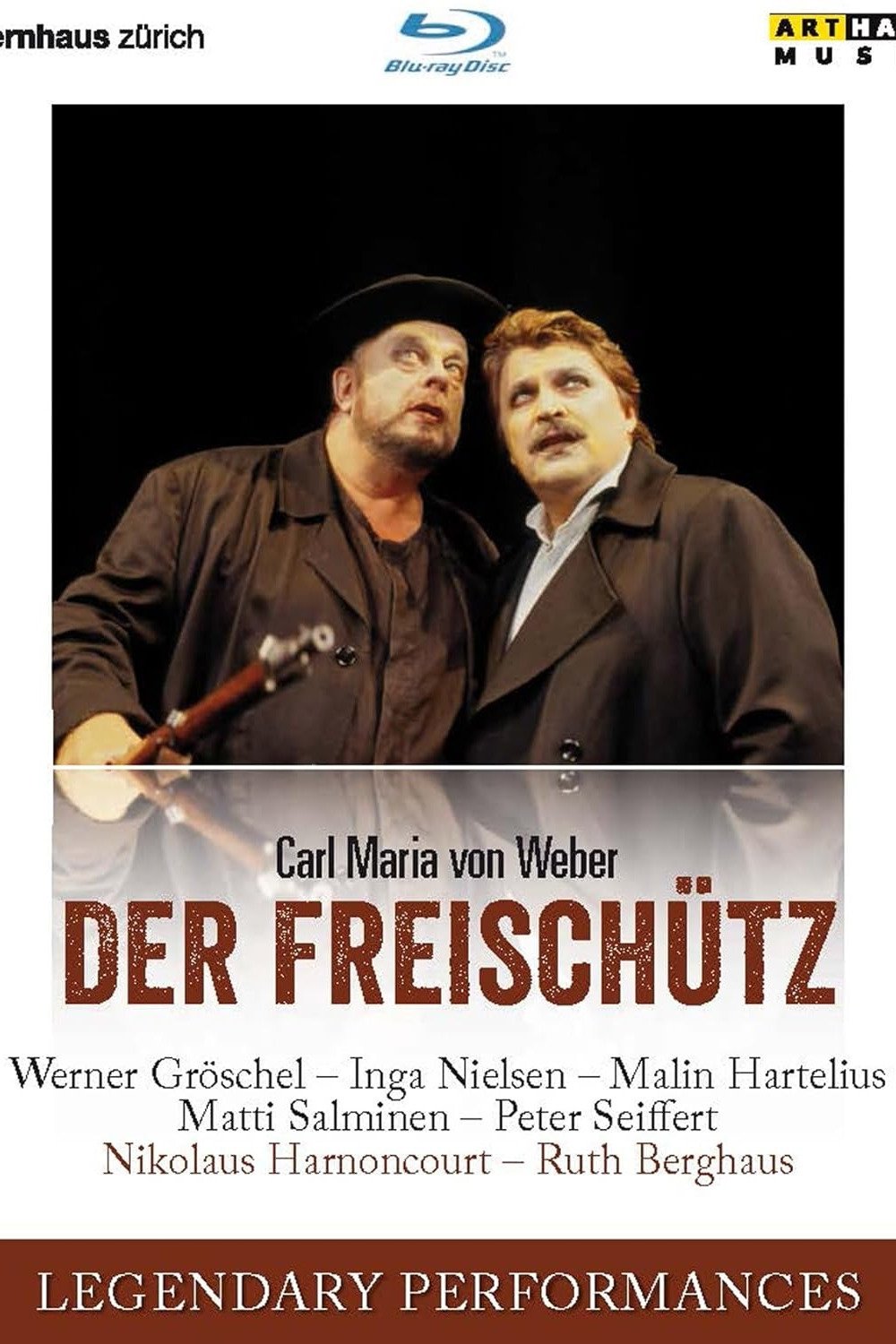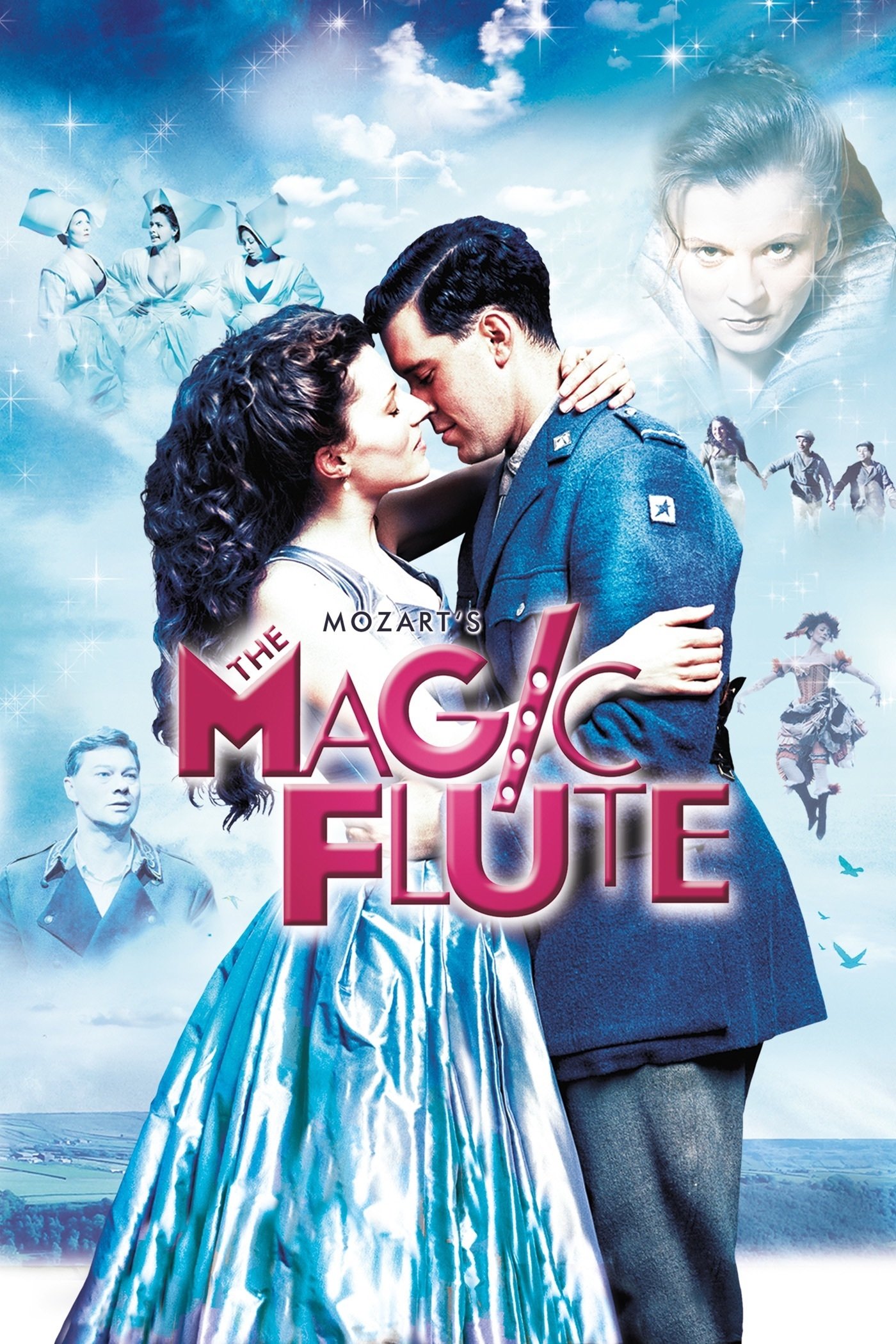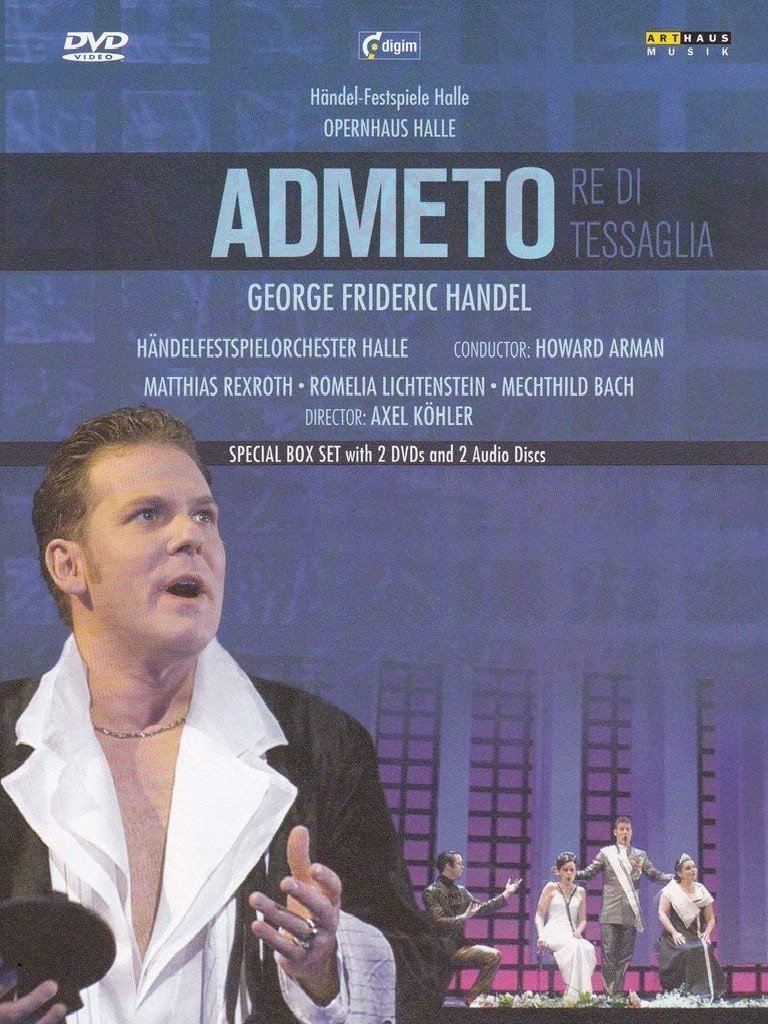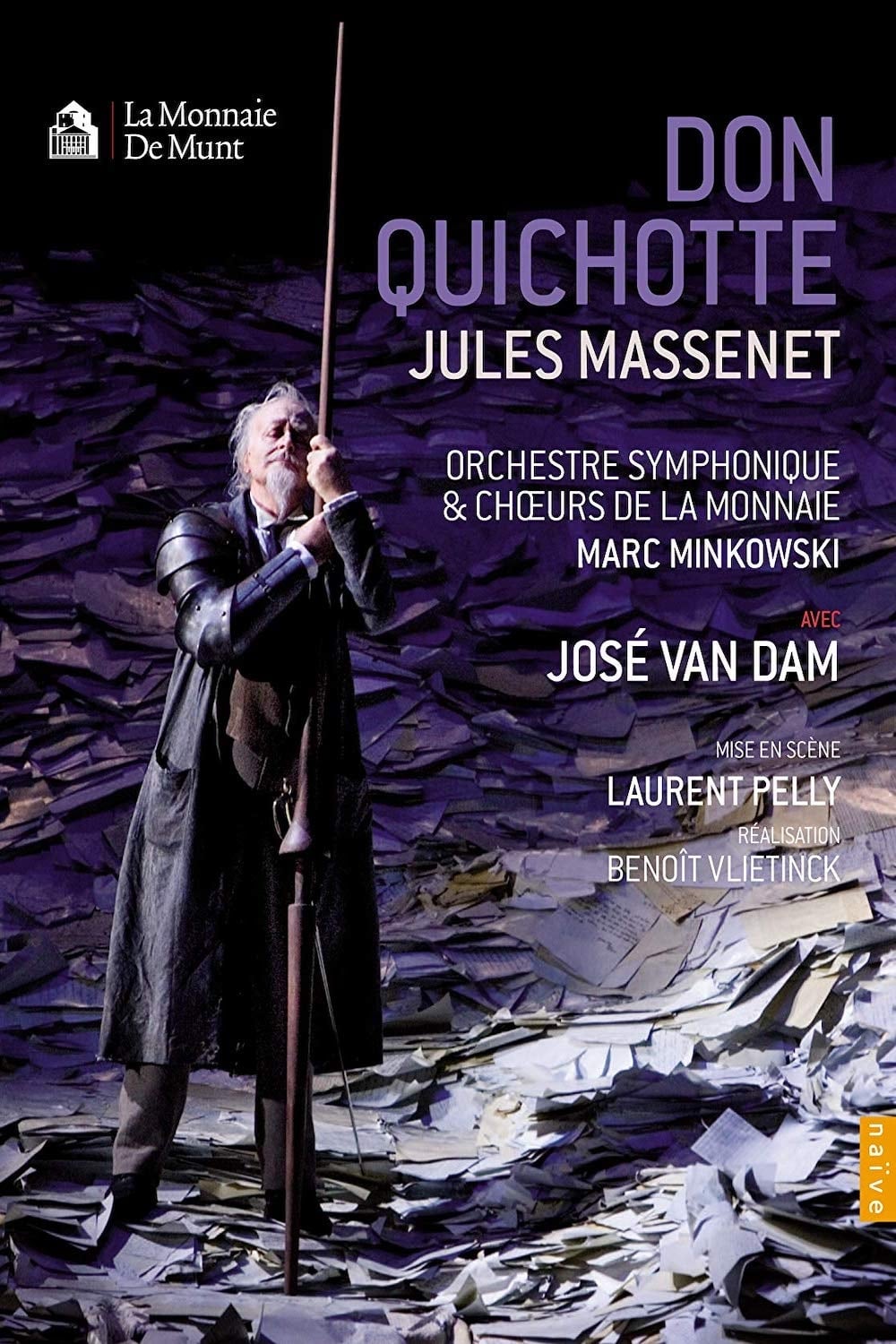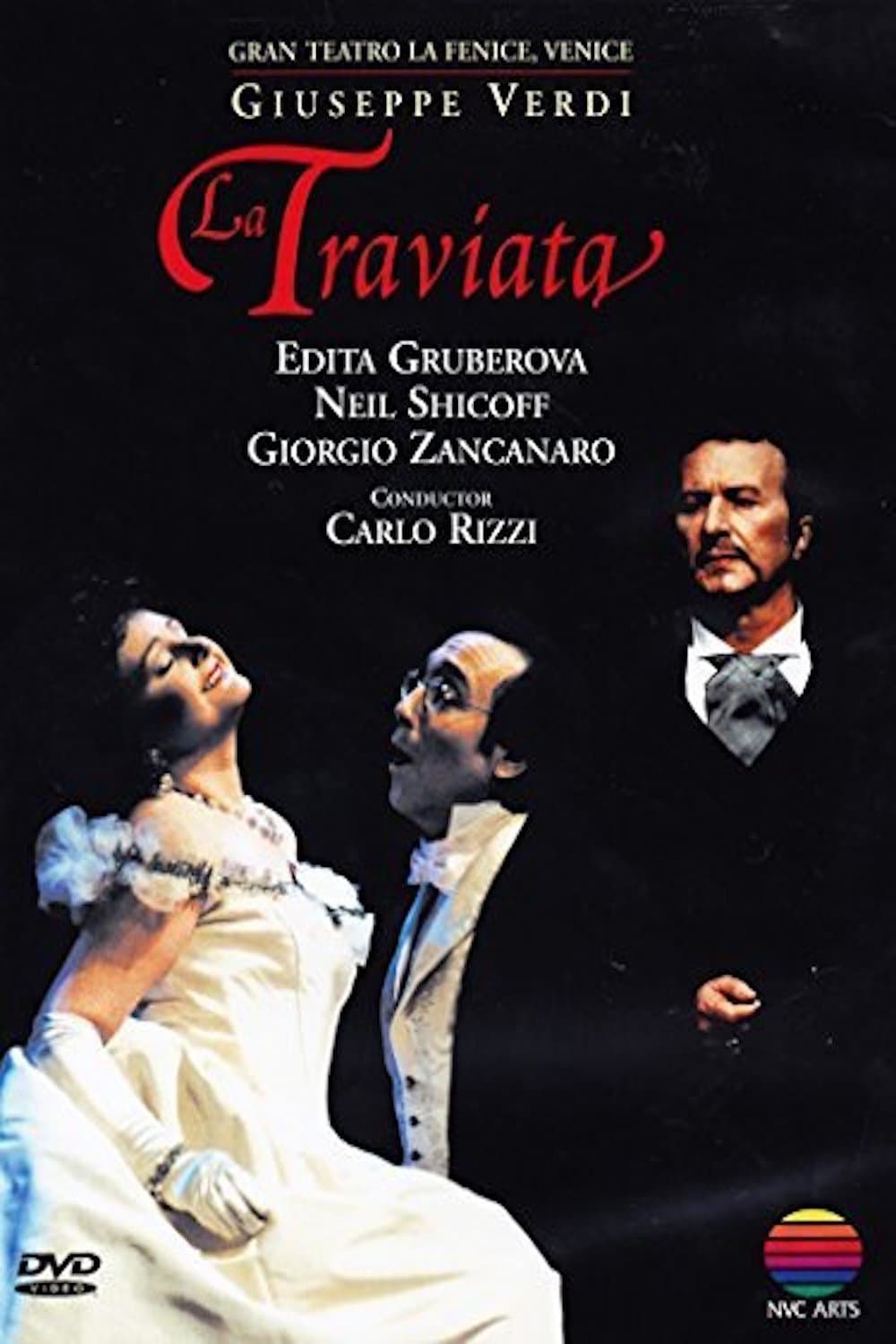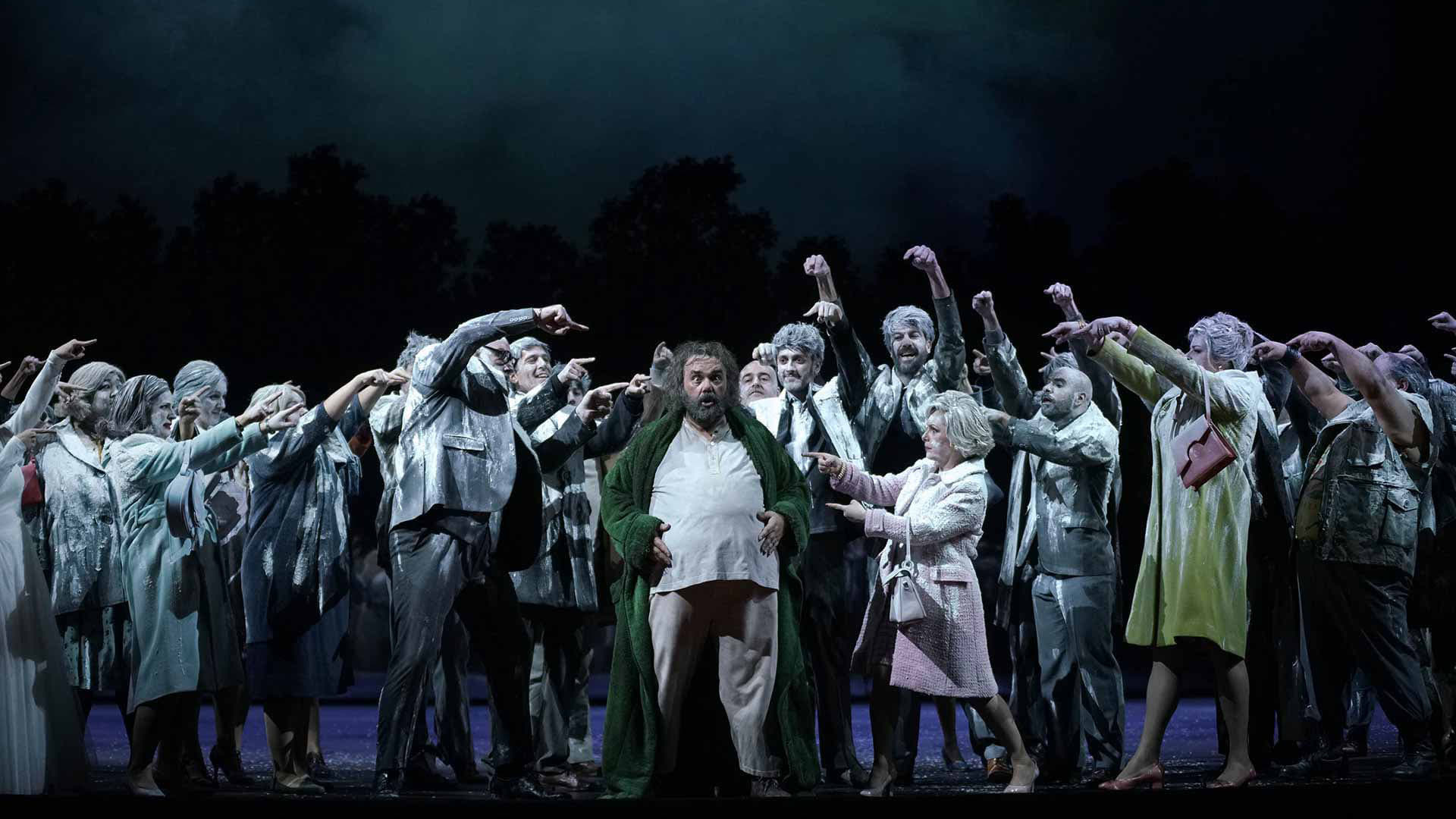
Verdi: Falstaff - Teatro Real
2019
00.0(0 votes)
Music
Comedy
Romance
Overview
Links & Resources
Social & External
Production Companies



Cast & Crew
10 members
Acting
Roberto De Candia
Sir John Falstaff
No Image
Acting
Joel Prieto
Fenton
No Image
Acting
Daniela Barcellona
Mistress Quickly
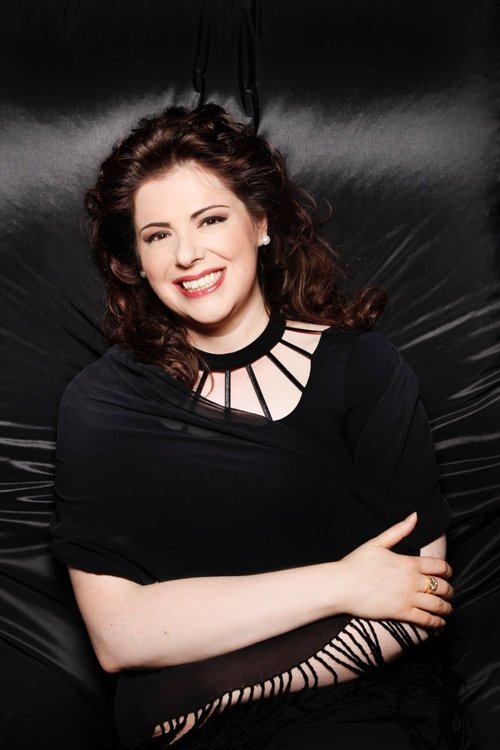
Acting
Christophe Mortagne
Dr. Caius
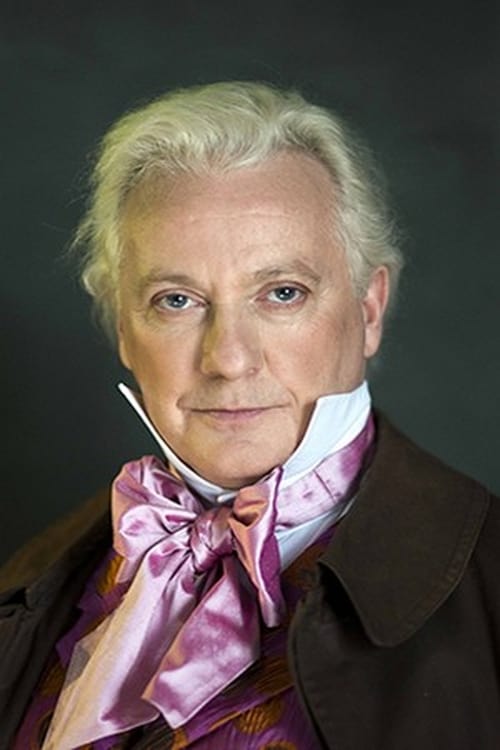
Acting
Mikeldi Atxalandabaso
Bardolfo
No Image
Acting
Valeriano Lanchas
Pistola
No Image
Acting
Rebecca Evans
Mrs. Alice Ford
No Image
Acting
Simone Piazzola
Ford
No Image
Acting
Ruth Iniesta
Nanetta
No Image
Acting
Maite Beaumont
Mrs. Meg Page
No Image
